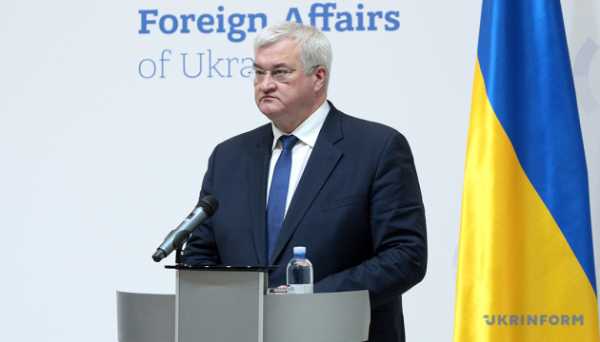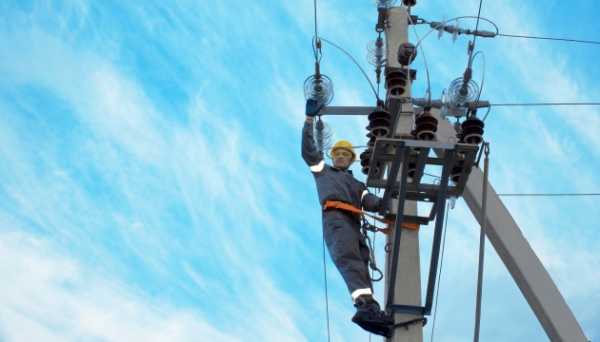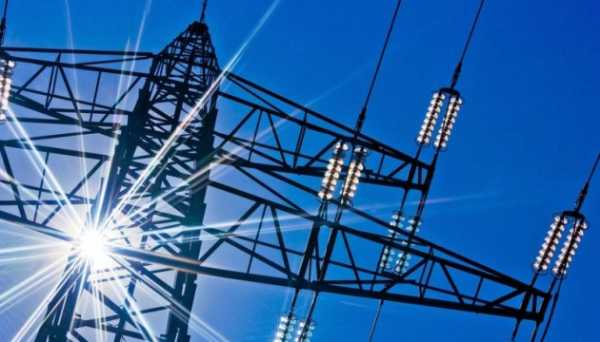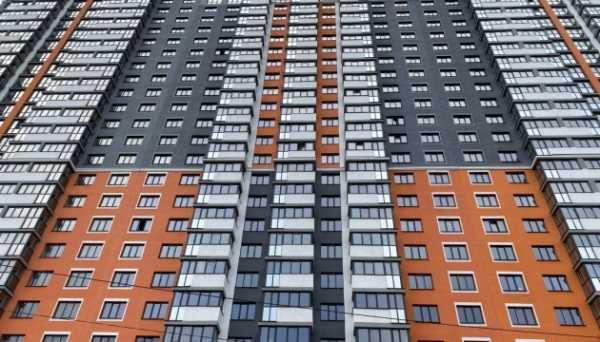Latest news for today in Ukraine

Deputy Chairman of the Verkhovna Rada Committee on Economic Development Dmytro Kysylevsky calls on the government to responsibly negotiate with the EU within the framework of the Green Deal initiative.
"Given the challenges that Ukraine will face next year in connection with the European Green Deal, I call on the government (…) to hold broad consultations with business and parliament, before taking on any obligations – the government will take the responsibility, and business should carry out obligations. Everyone should understand what kind of burden we will get," the MP said at a meeting of the Verkhovna Rada Committee on Tuesday.
At the same time, he also called on the government to implement and present a simulation of the economic consequences of those scenarios that are being considered in negotiations with the EU on the "green course": "No one can rebuild a large plant in a day, or even a year, a predictable time is needed."
The parliamentarian also called on the Cabinet of Ministers to introduce real incentives for environmental modernization for Ukrainian enterprises as soon as possible.
According to him, the European Union has set a goal to achieve carbon neutrality by 2050. This will require unprecedented measures to modernize the real sector of the economy, and in fact – new industry, some factories will have to be closed and others built.
Kysylevsky recalled that the average level of CO2 emissions in metallurgy in Ukraine is 2,000 kg per tonne of steel (in open-hearth – about 2,500 kg per tonne of steel, with oxygen-converter technology – 1,000-2,000 kg per tonne of steel, electrometallurgical technology – 80-350 kg per tonne of steel), in the EU – about 1,300 kg per tonne of steel, and the target is 250 kg CO2 per tonne of steel.
The EU plans unprecedented government support in the form of financial subsidies and a new wave of protectionism under environmental slogans. Import restrictions are expected to be introduced, which will be motivated by environmental regulations. A plan has been approved that provides for attracting EUR 1 trillion in investments in 2021-2030, 64% of which are public funds. The United States tells about $2 trillion for environmental modernization programs.
"Therefore, the Ukrainian government, along with environmental obligations, must offer a package of incentives to at least slightly bring the conditions for the Ukrainian industry closer to those of their European competitors," the deputy is convinced.
At the same time, he believes that today the only incentive to reduce emissions to European target values is the norm on "green" electrometallurgy, which is defended by the author of the bill.
"Its essence lies in the fact that those metallurgical plants that will reduce their CO2 emissions to the values of the EU – and these are the plants that will build the cleanest electrometallurgical technology available (and will meet the EU goals by 2050) – will have a slightly lower electricity tariff of about 5%. Accordingly, those who have high emissions will pay more, and those who have reduced emissions will pay less," noted Kysylevsky, stressing that the Ukrainian state, following the example of the EU and the United States, should support this.
In turn, the parliamentarian stated that since the adoption of this law, no one has received this incentive yet, because the government has not been able to develop the relevant documents yet.
"The norm on 'green' electrometallurgy, initiated by me, is the only norm in Ukrainian legislation directly related to the European Green Deal," the deputy summed up.
Earlier, Kysylevsky said that the government, before taking on new obligations, should hold broad consultations with business and parliament and offer a package of incentives, primarily financial.
Source: www.en.interfax.com.ua



